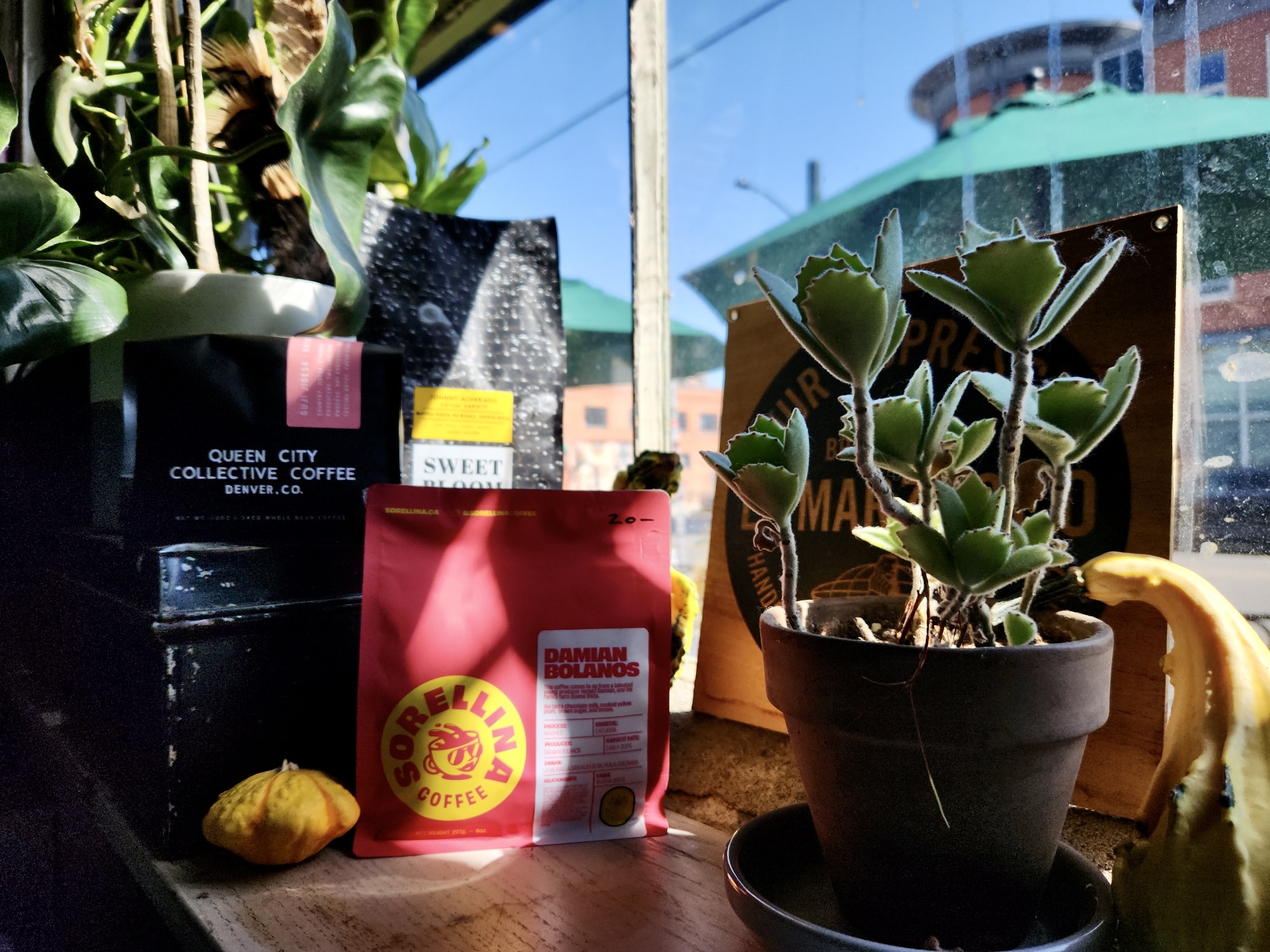
Advocating for the farmers
Published on 10/15/2024
Consumers want to know about the coffees they buy and consume. They trust in the brands to adhere to sustainable practices. Not all consumers care about knowing the extensive knowledge of the seed to cup supply chain or the background of the coffee they buy; but they also would like to know that the coffee they do buy is sourced ethically.
Some consumers are putting in the work to ask questions about coffee and show a genuine interest in whose hands were in the making of the coffee. However, consumers can only get so far. It’s up to the brands and roasters to show that consumers can trust that brands can be held accountable to their social and environmental commitments.
There are four distinct “pillars” or types of sustainability; they are: human, social, economic and environmental. When considering how sustainable specialty coffee is, we should consider applying this tropical crop to these areas. The question is why is it important that specialty coffee is sustainable? Let’s talk about what makes it special in the first place.
What makes specialty coffee special?
There are many ways to practice sustainability, such as socially, environmentally, economically, and so on. All of which are indispensable. Let’s talk about specialty coffee’s initiatives.
- Farming practices: farmers will use shade plants or trees to grow coffee plants, use direct trade, use water conservation practices and ensure the health and quality of the soil is being managed.
- Transparency: Most brands prioritize fostering a relationship with their suppliers, which helps consumers understand the transparency of the coffee’s origin and quality
- Social responsibility: Producers uphold a commitment to the well-being of the labors on farms and the environment.
- Waste reduction: There are many different ways to reduce waste; for example, coffee shops may use compost bags for the used coffee grounds or recyclable cups.
It is difficult to produce specialty coffee and maintain the sustainability of the soil the beans are grown from. I think it is significant to focus more so on the work that went into producing coffee beans, instead of the score a coffee receives. I find it very fascinating and helpful for cuppers to grade the coffees they taste. I just think the farmers need more representation and advocacy. For those that don’t know what grading system I am referring to; the Specialty Coffee Association uses a scale that cuppers use to score coffee from 80 or above as specialty coffee.
Farmers do all the hard work before the coffee gets shipped, roasted and sold to consumers. It is significant to share the stories of people who spend long hours and days to produce the coffee we enjoy and love.
Consumers don’t want to only see a mark or symbol claiming that the coffee is fair trade. They want to see how their contributions are helping the farm workers and honoring their communities. Not just pictures and alleged claims of workers being treated fairly. Albeit these marks are helpful by educating consumers, it also ensures they will continue to buy specialty grade coffee.
What makes specialty coffee special? I think it is the discipline and commitment to maintain the practices needed to foster such coffee. Also, the relationships that are formed from working with producers and brands being transparent with their consumers about the coffee they consume, fabricates trust and support throughout the seed-to-cup production.

Leave a Reply